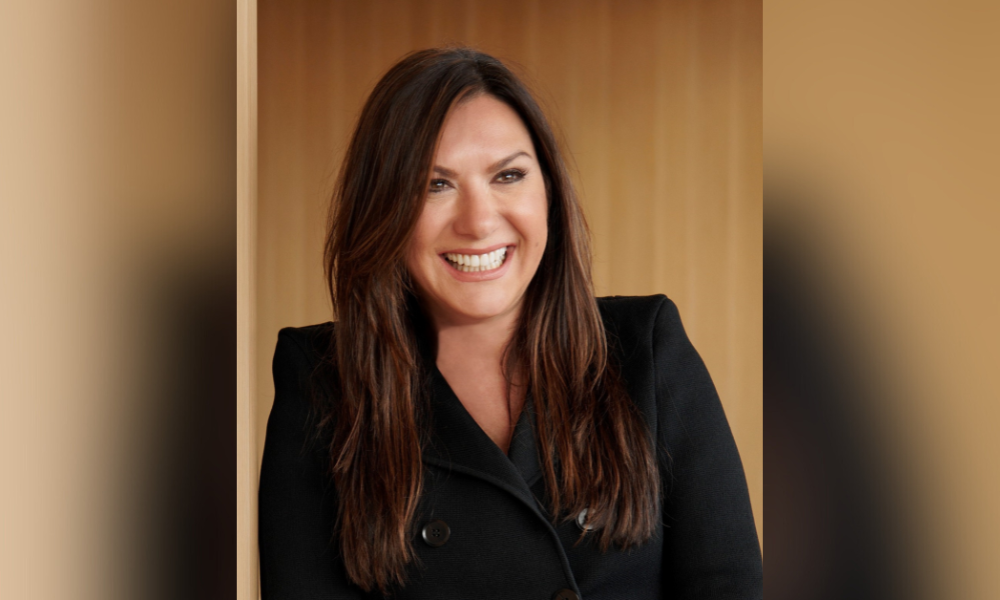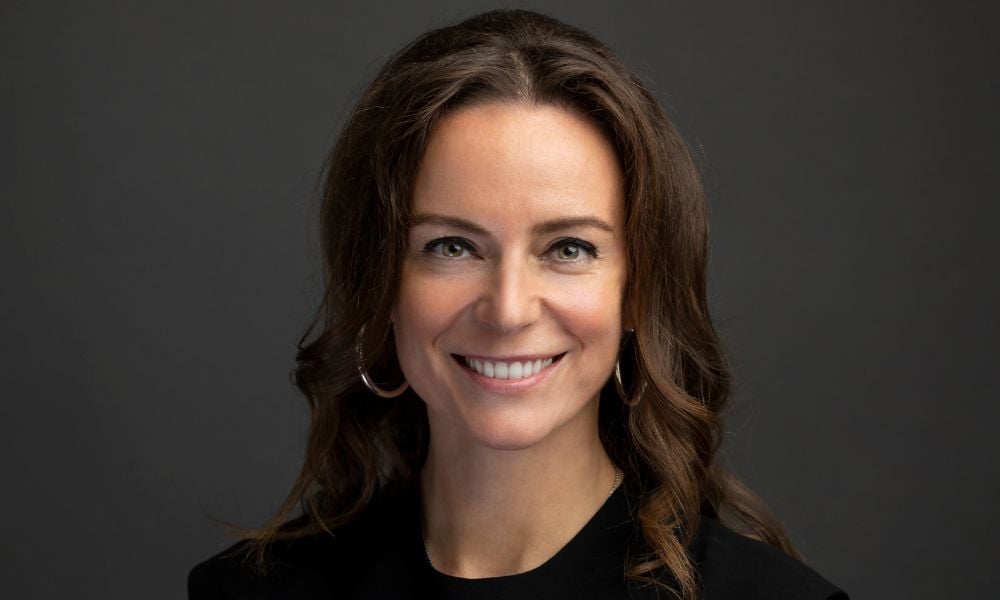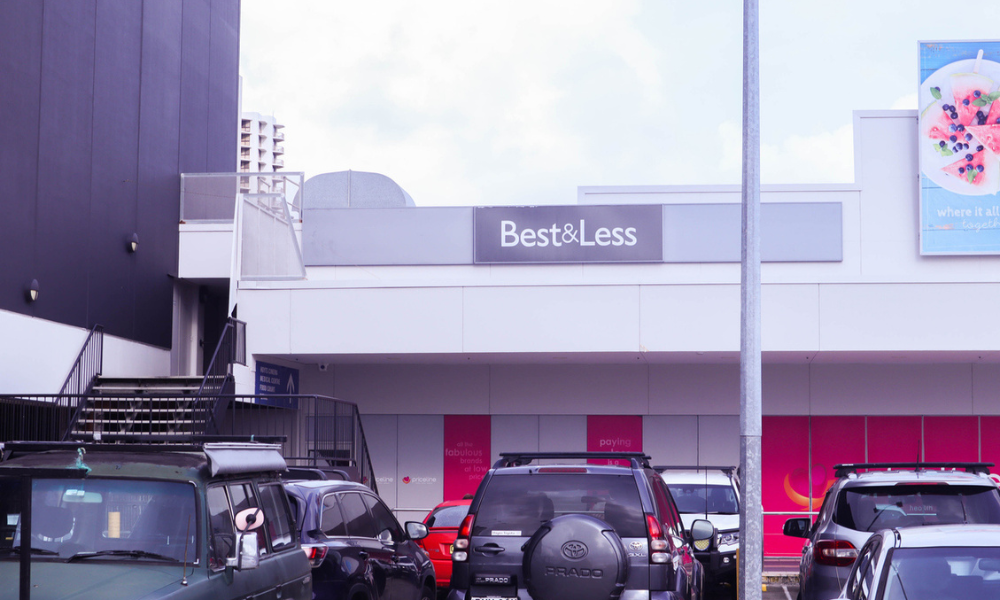'If our employees are healthy and happy, it leads to positive high engagement and customer outcomes, which supports the business'

Recent research reveals Australian workers are reporting lower levels of wellbeing (67%) than their global peers (72%).
The report, Qualtrics Employee Experience Trends, draws on insights from over 2,000 employees in Australia and highlights workers are feeling less engaged as wellbeing, inclusion and intent to stay slides.
At Allianz, employee feedback regarding the organisation’s wellbeing strategy has been positive, says Vicky Drakousis, chief people & culture officer.
“We see that through the high levels of engagement we have with our people,” she says. “Through our employee consultation and our partnership with other corporations, we know that we are a leader in this space. We continue to monitor and evaluate the progress all the way up to our board, so the feedback we get through these multiple channels tells us that we're doing the right thing.”
Wellbeing and people strategy
The organisation’s stance on wellbeing is a big part of Allianz’s people strategy, Drakousis says.
“The core purpose is to enable our business strategy and to provide the best outcomes for our customers and a tenet of that wellbeing strategy is actually around making sure that our employees are both physically and mentally well.
“The fundamental philosophy is if our employees are healthy and happy, it will lead to positive high engagement as well as positive customer outcomes, which in turn supports the business.”
Allianz was an Excellence Awardee at the Australian HR Awards 2023 for the Best Health and Wellbeing Programme.
Mental health initiatives
A particular area of achievement is that around mental health, she says.
“Our personal injury division is quite a thought leader and that's led to a few key initiatives, particularly in the mental health space,” says Drakousis.
“They have access to data from our customers on what is prevalent with regards to risks in the workplace, so we are able to access those insights and connect them to observations we’re making within our own workforce.”
One has been the launch of mental health first aid officers.
“Traditionally, you see first aid officers that are there to help if you fall or slip,” she says. “We know that workplace incidents now extend into the mental health space, so we've got a network of employees that are trained to be mental health officers.”
Allianz also recognises the aspects outside of work that impact employees’ mental health.
“Domestic violence is just one of these, so we've also got a domestic violence support network. Our mental health first aid officers are trained to be able to deal with both aspects,” says Drakousis.
“We also have an independent and confidential assistance hotline for our employees that we extend to our customers.”
Broad definition of wellbeing
Allianz’s stance on wellbeing covers a broad definition, says Drakousis, including giving consideration to aspects of people’s lives such as financial and social wellbeing, as well as career and learning opportunities.
“We’ve got quite a holistic definition of wellbeing,” she says. “For us, it manifests not just through mental health and physical safety at work, but also through support in understanding financial wellbeing, feeling physically and mentally safe, and understanding their connection to the organisation and its mission. All of these things affect wellbeing.”
Some of the strategies that have been especially impactful include senior leaders modelling and storytelling, to help break down the stigma around mental health, says Drakousis.
Culture of belonging links to wellbeing
“We’ve also done the standard yoga, pilates, mindfulness sessions, and produced a lot of online tools, and a wellbeing app too,” she says.
“When we talk about diversity and inclusion, we've introduced a framework to support the culture of belonging, which we believe also has a direct connection to wellbeing.”
Also impactful last year, says Drakousis, was the launch of a psychosocial risk survey.
“That identified where in particular in our organisation psychosocial risks are more prevalent. What we have found is that customer aggression, particularly in our contact centre areas, poses more of a psychosocial risk and therefore an impact on wellbeing.
“So this year, we're looking at how we address that in a more creative, impactful way. We’re using the feedback to keep steering what we've been doing.”
Wellbeing, retention and attraction
Drakousis is aware that not only does the wellbeing strategy impact engagement but that it also impacts talent retention and attraction.
“I think it has a big part to play,” she says.
“Most people, when they're looking to make a decision around joining an organization, think of its culture, its leaders, and what it would really feel like to work in the organisation. So when people want to understand the environment, invariably they're asking questions around how their wellbeing will be impacted if they join the organisation. I think it's a big one.”








